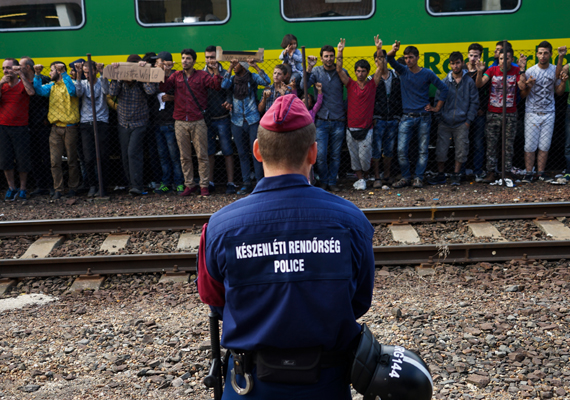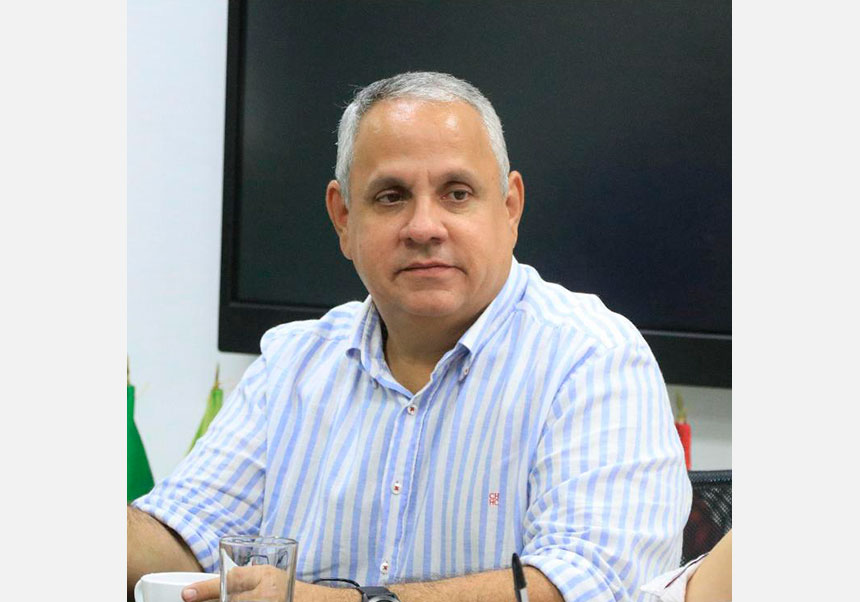
European Commission (EC) has encouraged the Common European Asylum System reform, known as the Dublin system, to create a “more equitable, efficient and sustainable” system to share responsabilities among the member States and to protect refugee rights.
16 may 2016
EC has come up with a proposal to reform the Dublin System with the objective of creating a “more equitable, efficient and sustainable” environment. This renovation is intended to give answer to future migratory challenges like the one we are living at present with the crisis of the refugees. The reform is structures around 3 major aspects:
- A change in legislation to prevent pressure on the member States about their asylum system;
- The current transformation of European Asylum Support Office into a European Asylum Agency;
- The consolodation of European Dactyloscopy (EURODAC) as the European Union fingerprints database.
“Best management of migrations requires action on different fronts, manage efficiently out external borders, better cooperation with third countries, put an end to human trafficking and refugees resettlement directly in EU”, has remarked first Vicepresident of the European Commission, Frans Timmermans.
For his part, Commissioner for Internal Affairs and Migration, Dimitris Avramopoulos, has claimed that the ongoing refugees crisis “ has reveled that our common european asylum system is no longer acceptable”.
Spain will gather 200 refugees out of the 160.000 that other participant countries of the joint programme have committed to relocate
The Dublin System meets the regulations to decide which States will take charge of processing each asylum application. However, the crisis of the refugees has shown that regulations were not designed to share responsabilities or process the applications on time. In order to remedy this deficiencies, the reform includes:
- A fairer system based on solidarity. A single country will be managing a disproportionate number of applications when they exceed the 150% from the reference figure, that is determined by the sixe and wealth of the country.
- A mechanism that takes into consideratioin the resettlement efforts. To recognise the effort of those countries that make easier the arrival of refugees by establishing legal and secure means.
- An efficient system. Shortest time for processing and execution of asylum applications, as well as the change of responsibilities.
- Dissuade abuses and secondary movements. Geographic limitations to material reception supply and sanctions in case of nonfulfilment.
- Protect the main interests of the asylum seekers. Greater guarantees for unaccompanied minors and an extension of the definition of family members.
Last 15 May, the caretaker Minister of the Interior, Jorge Fernández Díaz, announced that the first 87 refugees from Greece will arrive to Spain between the 24 and 26 May, and that the other 63 will arrive at the beginning of June. In this way, Spain will gather 200 refugees out of the 160.000 that other participant countries of the joint programme have committed to relocate.













